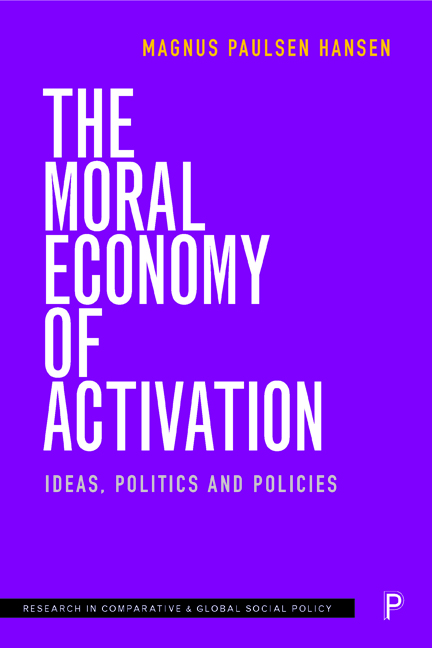9 - Infinite Testing: Tests and Critique in and Below the Public
Published online by Cambridge University Press: 10 March 2021
Summary
Chapter 8 concluded that although the justifications for our four casestudy reforms were aligned with the goal of making unemployed people active, they drew on a heterogeneous repertoire of evaluation of four cities of unemployment, each with its distinct way of understanding and putting to the test the phenomenon of unemployment as well as unemployed people themselves. This chapter explores how this multicausal setting changes the way in which the governance of unemployed people is put to the test in the public eye as well as how unemployed people are put to the test out of public view, in jobcentres. It then shows how tests in the public arena and in jobcentres affect the voice, and potential critique, of unemployed people. Finally, it discusses the extent to which ideas of basic income and social economy/enterprise that have received growing attention in international policy debates contain credible alternatives to the moral economy of activation.
Multi-causality in the public arena
The historical contextualisations illustrating our four selected reforms in Chapters 4–7 illustrate that the reforms are not exceptional, but exemplary of ongoing policy transformations. They are links in a long chain of cumulative activation reforms that seems to have no end in the near future. This section argues that the analyses of justification and critique in the four singular reform processes provide insights into understanding why the need for more activation seems insatiable. To rephrase Crouch (2011), we may speak of the ‘strange non-death of activation’ (Hansen and Leschke, 2017). Activation has not only been the most consistent and expanding reform process in Europe since 2000 compared with all other labour market policies (Turrini et al, 2015, p 11), but the years following the financial crisis seem only to have consolidated the ‘active turn’ (Lødemel and Moreira, 2014; Smith et al, 2018).
This chapter outlines three dynamics that derive from the ways in which the moral economy of activation puts policies to the test and lays the foundation for consecutive reforms. The first dynamic relates to how the moral economy of activation creates tension-filled and unstable compromises.
- Type
- Chapter
- Information
- The Moral Economy of ActivationIdeas, Politics and Policies, pp. 187 - 200Publisher: Bristol University PressPrint publication year: 2019



